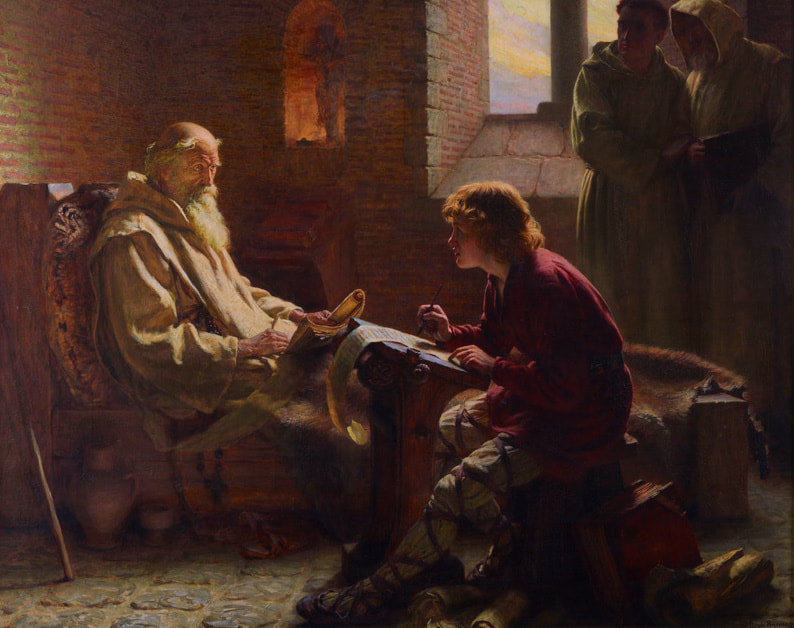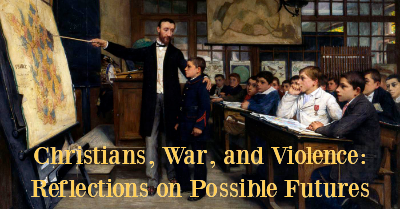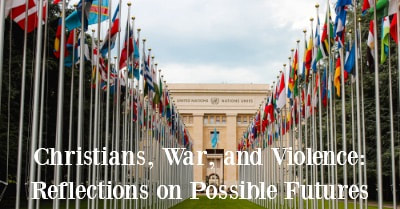|
My blog posts revolve around my interests and vocation as a historian: the intersection of history and contemporary church life, the intersection of history and contemporary politics, serendipitous discoveries in archives or on research trips, publications and research projects, upcoming conferences, and speaking engagements.
I sometimes blog for two other organizations, the Canadian Baptist Historical Society and the Centre for Post-Christendom Studies. The views expressed in these blogs represent the views of the authors, and not necessarily those of any organizations with which they are associated. |
“Chewing the Cud”: The Venerable Bede on Theological Education & the Making of Worship Leaders9/28/2020 As I noted in my previous blog, I finished reading the Venerable Bede’s Ecclesiastical History of the English People (c. 731) this past summer. There was much to note, but one thing that caught my attention were his comments on the making of a worship leader.
Surprisingly, the metaphor used for drawing on one’s theological training in ministry was “chewing the cud.”
3 Comments
Image of Bede is entitled "The Last Chapter" by J. Doyle Penrose (1902). Image from public domain. I am embarrassed to admit it, but it took me twenty years as a professor of Christian history to finally get around to reading the entirety of the Venerable Bede’s The Ecclesiastical History of the English People (c. 731). But I did it this summer, and it was worth the wait.
There is much to say about the book, with its fascinating descriptions of saints and sinners, relics and miracles, missionaries and monarchs, and church divisions and unions. But what I want to address here is how the text stirs the imagination when it comes to post-Christendom missions and possibilities. Albert Bettannier’s painting La Tache Noire (The Black Spot) in 1887 is a vivid depiction of the education of French children on the subject of the lost provinces of Alsace-Lorraine. It captures the spirit of revanchism, a movement that sought to instil in every Frenchman the duty to wage war against the Germans to retrieve sacred French soil.
The spirit of revanchism – revenge – stirred a French generation and contributed to the excitement surrounding the outbreak of the Great War in 1914. Sadly, in numerous places around the globe, the spirit of revanchism is alive and well. In countless places, past injustices are highlighted, bitterness nurtured, hatred stoked, and revenge plotted. The United Nations (founded 1945) and the North Atlantic Treaty Organization (founded 1949) were two critical organizations throughout the second half of the twentieth century. The UN played a seminal role in famine relief, educational assistance, medical care, humans rights advances, and global peacekeeping. NATO helped to ensure the security of western Europe until the Soviet Union’s collapse in 1991.
However, the future (or at least efficacy) of both organizations is increasingly uncertain. And the consequences of their demise are serious. |
Archives
May 2024
|




 RSS Feed
RSS Feed
